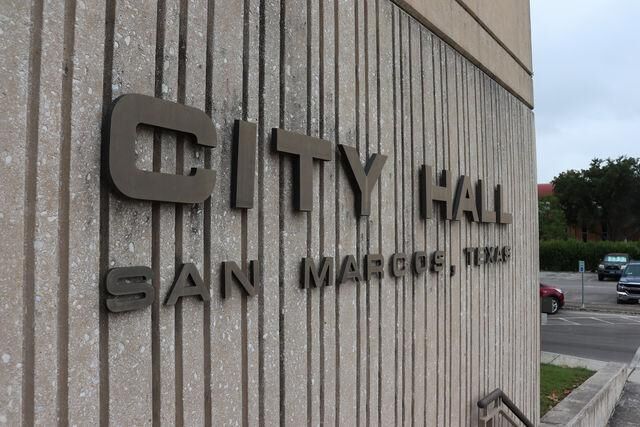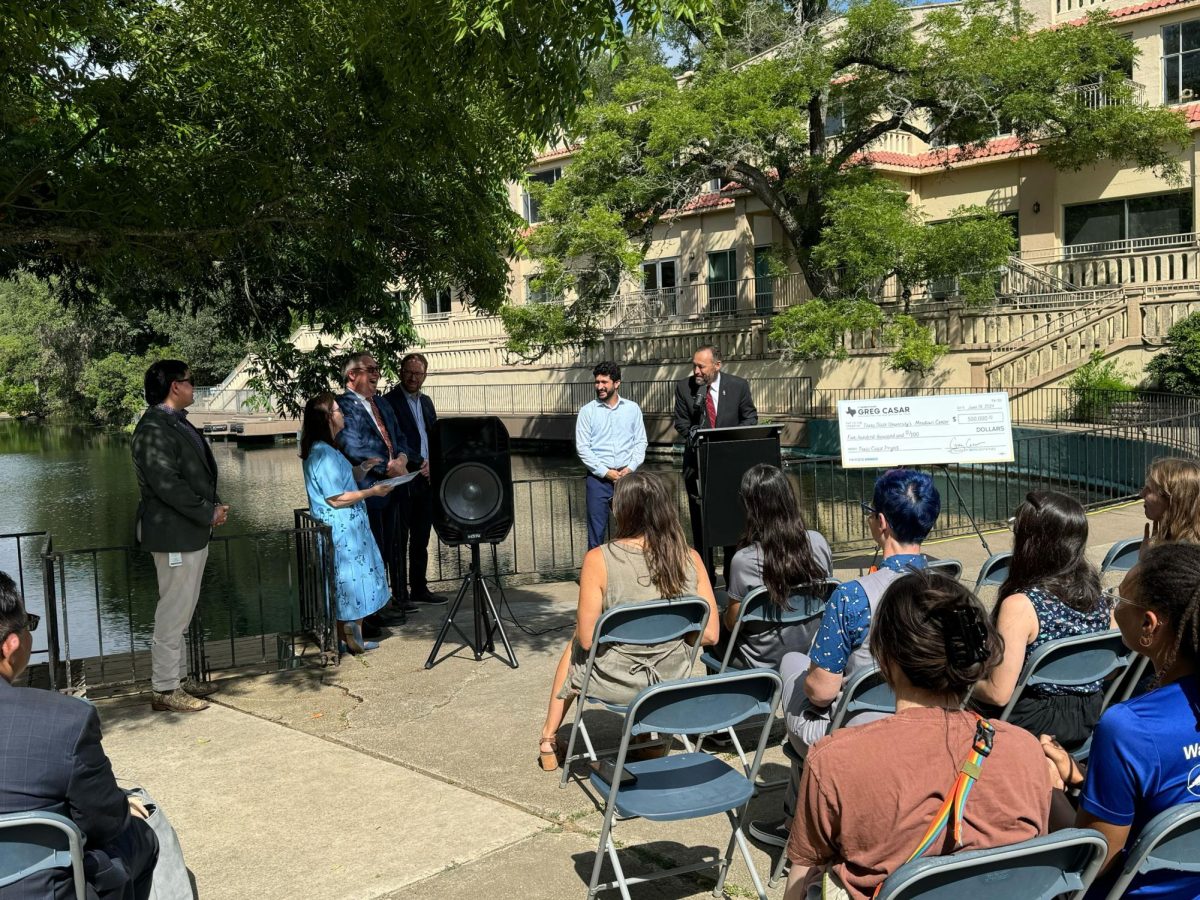The ordinance titled Proposition A or Prop A will end arrests and citations for up to four ounces of marijuana in San Marcos by San Marcos Police Officers. The passed in a landslide victory with an 81.84% vote ‘for’ the proposition.
However, state troopers and Hays County sheriffs operate outside of this and can cite and arrest for any amount of marijuana.
Social justice groups Mano Amiga and Ground Game Texas worked in conjunction with local volunteers over the last several months to acquire the over 4,000 signatures required to secure Prop A’s place on the November ballot.
The ordinance will not expunge arrest records regarding position of marijuana but will no longer allow police officers to use the smell of marijuana as probable cause for a search. However, state troopers and Hays County sheriffs operate outside of this and can cite and arrest for any amount of marijuana.
According to Samantha Benavides, director of communications for Mano Amiga, the passing of the proposition is just the beginning.
“This campaign is about so much more than the policy itself. It’s about showing our community the power they hold as a collective,” Benavidez said. “We are hopeful that policy change on marijuana enforcement might just be the first step in fundamentally reassessing how we treat drug possession in Hays County.”
On Campus
Despite the victory of advocacy groups in San Marcos, the passing of Prop A raises questions about the possession of marijuana on Texas State property. The university operates outside of city ordinances and sets its own drug policy. As it stands, university police officers can issue a citation for any amount of marijuana while on university grounds and refer the student to the Office of Student Conduct.
Texas State has not changed any policies regarding marijuana position on campus since the passing of Prop A, but President Kelly Damphousse is planning to revisit the issue at the start of the new year.
“I have a belief in the effectiveness of marijuana for all kinds of issues and I think it’s important for us to be responsive to that. So, I don’t know that we have specific plans right now to make changes, but it certainly is time for us to look into that,” Damphousse said.
Marijuana is still federally illegal and the decision of whether Texas State will consider decriminalizing marijuana has to do with federal funds. The university is awarded federal funding for being a drug-free campus and could risk loosing that funding if the policy was changed.
“To get federal funding, we have to be a drug-free campus, and that includes marijuana. Proposition A, what it did was it changed how the San Marcos police can respond. So, I think it’s important for our students know that you still cannot have marijuana on campus,” University Police Chief Mathew Carmichael said.
Carmichael wants students to fully understand their rights following the passing of Prop A and worries that it could lead to students getting prosecuted outside of San Marcos due to a misunderstanding.
“A lot of our students, they may live part-time in San Marcos, but at some point go home. So, I’d hate to see a student read into Proposition A and go, ‘I can have up to four ounces’, leave it in their car, forget it’s in their car, drive up to Dallas and on the way be in a traffic stop and for whatever reason that gets discovered. And I think that can be problematic,” Carmichael said.
Hays Country District Attorney Kelly Higgins is planning to not prosecute anyone for cases dealing with low-level marijuana possession. According to a statement released by Higgins on his website, Hays County cannot afford to prosecute hundreds of people for marijuana possession annually.
“Hays County spends an average of $27,000 per case to prosecute possession of marijuana cases. Each year, 400 to 500 of these cases are initiated in our county. Simple math tells us that we are spending $10,000,000 per year prosecuting people,” Higgins said. “Hays County can no longer afford to spend tens of millions of dollars every year persecuting people for possession of marijuana.”
Jordan Buckley, the co-founder of the San Marcos Film Club, a local social justice group, said the university’s current regulations regarding marijuana put students’ education and careers at risk.
“International students can get deported, if you get a drug charge, you get kicked out of the country. Of course, for others you know, it’s a two-strike penalty. You get kicked off campus,” Buckley said.
The University Star will continue to update this story as more information becomes available.
Understanding your rights: How Prop A affects TXST students
December 1, 2022
Donate to The University Star
Your donation will support the student journalists of Texas State University. Your contribution will allow us to purchase equipment and cover our annual website hosting costs.




























